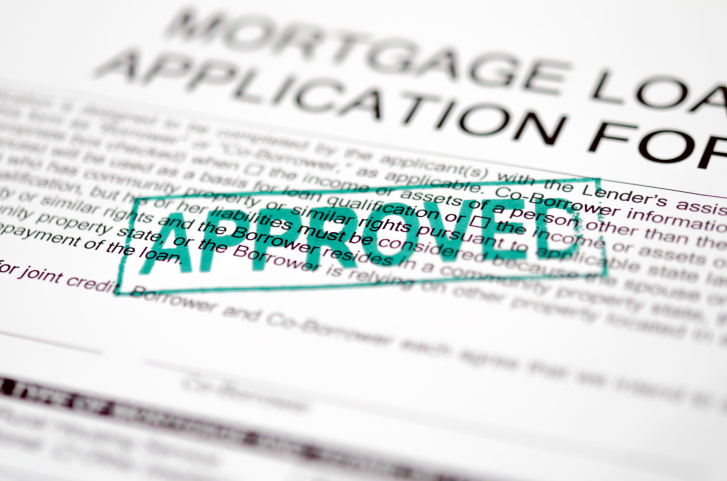 Last week’s scheduled economic reports included readings on construction spending, the Federal Reserve’s Federal Open Market Committee statement, and the Fed Chair’s press conference. Readings on public and private-sector jobs growth and the national unemployment rate were released along with weekly readings on mortgage rates and jobless claims.
Last week’s scheduled economic reports included readings on construction spending, the Federal Reserve’s Federal Open Market Committee statement, and the Fed Chair’s press conference. Readings on public and private-sector jobs growth and the national unemployment rate were released along with weekly readings on mortgage rates and jobless claims.
Construction Spending Slows in March, Fed Raises Key Rate
Construction spending fell in March according to the Commerce Department. Spending increased by 0.10 percent as compared to the expected reading of 0.80 percent and February’s reading of 0.50 percent. Less construction spending could indicate a slowdown in building as builders face rising operations and materials costs.
The Federal Reserve’s Federal Open Market Committee initially considered raising the federal rate to 0.75 percent, but Fed Chair Jerome Powell vetoed that option, and committee members agreed to raise the federal funds rate to 0.50 percent. This increase was the highest in more than 20 years.
Chair Powell said in his post-meeting press conference that he wanted to address the American people and that inflation was too high. “We understand the hardship it’s causing and we’re moving expeditiously to bring it back down. We have the tools we need and the resolve that it will take to restore price stability on behalf of American families and businesses.” Mr. Powell declined to identify a specific number defining the Fed’s goal of achieving a “neutral” average interest rate.
Mortgage Rates Rise, Jobless Claims Data Mixed
Freddie Mac reported higher mortgage rates as the average rate for 30-year fixed-rate mortgages rose by 17 basis points to 5.27 percent; rates for 15-year fixed-rate mortgages averaged 4.52 percent and 12 basis points higher than in the prior week. Rates for 5/1 adjustable-rate mortgages averaged 3.96 percent and 18 basis points higher. Discount points for 30-year fixed-rate mortgages averaged 0.90 percent and 0.80 percent for 15-year fixed-rate mortgages. Points for 5/1 adjustable-rate mortgages averaged 0.20 percent.
New jobless claims rose to 200,000 initial claims filed last week as compared to 181,000 new claims filed in the prior week. Analysts expected a reading of 182,000 new claims filed. Fewer continuing jobless claims were filed last week with 1.38 million claims filed as compared to the prior week’s reading of 1.40 million ongoing jobless claims filed.
The economy added 428,000 public and private-sector jobs in April; the national unemployment rate was unchanged at 3.60 percent.
What’s Ahead
This week’s scheduled economic reporting includes readings on inflation and the University of Michigan’s consumer sentiment index. Weekly readings on mortgage rates and jobless claims will also be released.
 There are few things better than finding your dream home and being able to afford it, but simply because you’ve found the perfect place doesn’t mean you should stretch the truth. It might seem tempting to polish your mortgage application a little in the hopes of making a better impression, but here are a few reasons why you should stick to the truth when signing off on your home.
There are few things better than finding your dream home and being able to afford it, but simply because you’ve found the perfect place doesn’t mean you should stretch the truth. It might seem tempting to polish your mortgage application a little in the hopes of making a better impression, but here are a few reasons why you should stick to the truth when signing off on your home. There are many Millennials who are looking for a home, and many of them are getting ready to trade up for more space. If you think you need more space, you may have more buying power than you realize. The coronavirus pandemic has led to a lot of changes, and you might be able to use the equity in your home to purchase a bigger house with more features.
There are many Millennials who are looking for a home, and many of them are getting ready to trade up for more space. If you think you need more space, you may have more buying power than you realize. The coronavirus pandemic has led to a lot of changes, and you might be able to use the equity in your home to purchase a bigger house with more features.